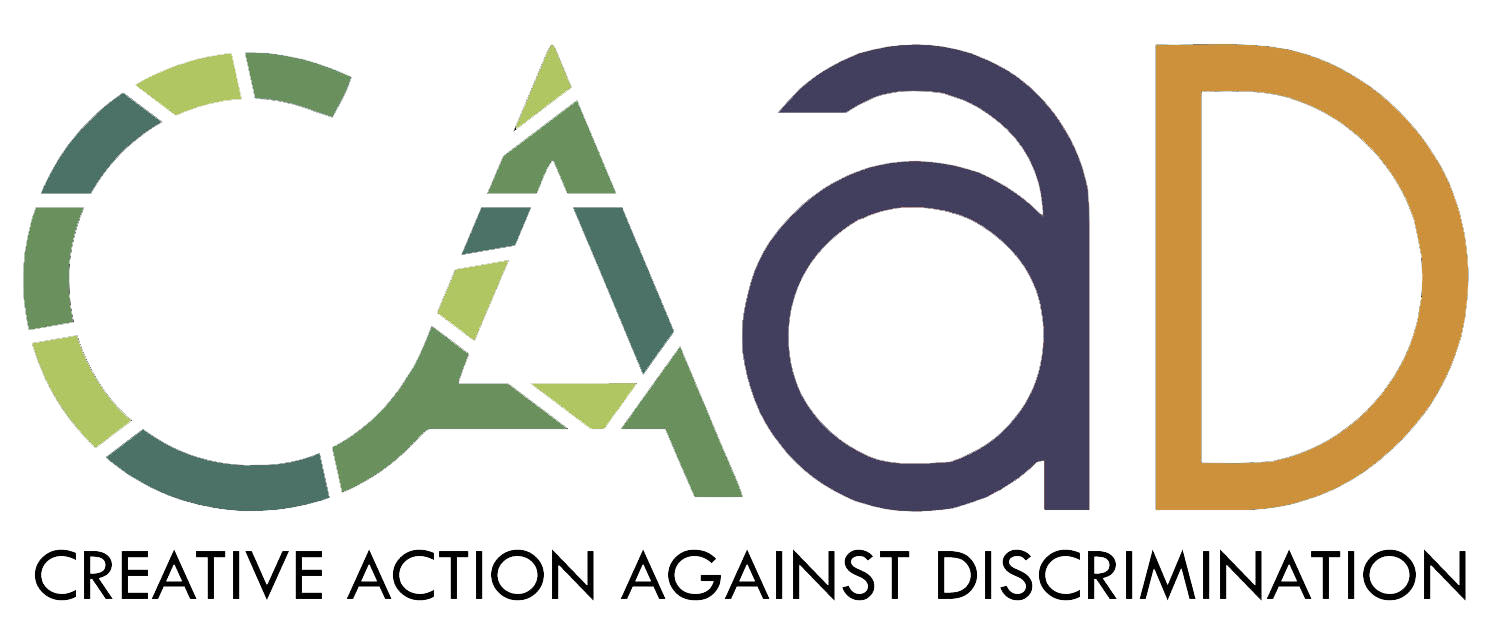The challenge of evaluation in social intervention from a Theatre of the Oppressed (T.O.) perspective
The current state of evaluation in Italy’s field of social intervention can be described as follows: everybody talks about evaluation, very few actually evaluate. In the past 15 years, the concept of social innovation has become a pillar of the social sector, and the demand for impact evaluation has increased dramatically. The recent reform of the social sector in Italy has further encouraged and fostered the debate around evaluation. In 2019 the Italian Ministry of Work and Social Policies issued new guidelines for the third and non-profit organisations’ evaluation activities, urging them to adopt impact evaluation methods. However, not enough reflection is dedicated to what, how and why we should evaluate. Many non-profit organisations involved in social intervention, education or social inclusion, as well as entities dealing with anti-racist and anti-discrimination work, still experience difficulties with evaluation activities.
The main obstacles are:
- lack of resources and funds to carry out evaluations, especially long-term
- general mistrust in evaluation, sometimes seen as a misuse of time and resources.
- seeing evaluation as a form of control rather than an opportunity to learn and grow
- inadequate knowledge, training and practical tools to approach evaluation
Grassroot movements and informal organisations dealing with anti-racism and anti-discrimination work tend to have a less structured approach to social intervention and do not consider evaluation a crucial part of their activities. Moreover, the language and the tools of impact evaluation are often associated with the business sector and therefore rejected. Some volunteers and social sector workers might feel uncomfortable with impact evaluation, especially when it “speaks the language of business” and is measured with statistics and financial figures (Morley) [1]. On the other hand, projects and organisations working with the arts and theatre in the charitable and social sectors often overlook evaluation because they are sceptical about measuring the results of artistic practice.
The case of T.O. (Theatre of the Oppressed)
For what concerns T.O., Giolli’s primary area of practice and expertise, the general approach towards evaluation is similar to those previously described. Although evaluating artistic processes is indeed a difficult task, we believe that T.O. practitioners and trainers would benefit from understanding whether their T.O. based actions are valid and efficient.
But how can we evaluate T. O.? How can we measure the effectiveness of T.O. interventions?
T.O. aims to develop participants’ critical consciousness to recognise, challenge and transform oppressive social structures. Boal refers to Freire’s idea that emancipation comes through conscientisation, a process wherein people learn “to perceive the social, political and economic contradictions and take action against the oppressive elements of their reality” (Freire, 2000) [2].
Within this framework, we believe that there are three possible areas of evaluation of T.O interventions:
1) Intellectual change: after the T.O. based training/action, the participants’ perception and analysis of the topic has evolved, participants develop awareness and critical point of view.
2) Change in the attitude of the trainees toward the issue: participants move from being passive agents or witness of the oppression to actors who acknowledge and face their oppression and question their role in the oppression system.
3) Change in the participants’ behaviour: after the T.O. experience, they are more willing to take action against oppression; they have acquired knowledge about fighting the oppression in their daily lives.
In our opinion, trainees and trainers self-evaluation (both short-term and long-term) is crucial to assess these changes. At the same time, the development and diffusion of creative and qualitative methods are also needed to make evaluation more accessible for the social sector and theatre practitioner engaging in anti-discrimination work.
[1]. J. Morley (2017) The impact of “impact”: The effect of social impact reporting on staff identity and motivation at social enterprises and charities in the UK, working paper.
[2] Freire P. (2000) Pedagogy of the oppressed. New York: Continuum;

Get in touch
For general requests regarding the project, please contact:
info@kulturhaus-brotfabrik.at
To get in touch with one of the partners, see partner’s details!
